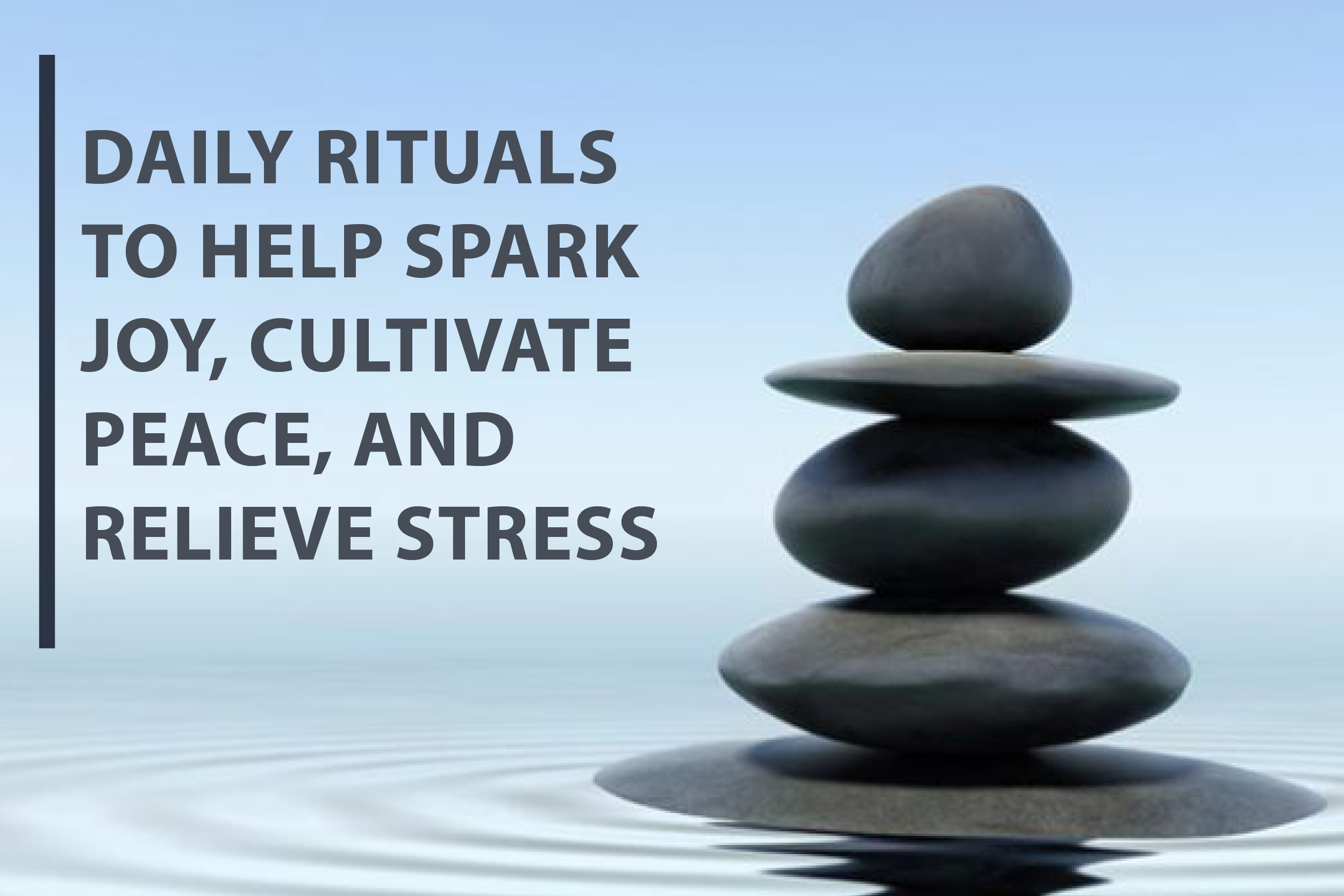A Positive Mindset Goes a Long Way
Receiving a cancer diagnosis can be a jaw-dropping and unbelievable moment, leaving you feeling uncertain of the future and out of control. The treatment journey won’t be easy, and there will be many aspects of the process that might generate feelings of hopelessness and helplessness, taking a toll on your mental health. It’s completely understandable that you might feel this way. Whether you’re a new patient or a returning patient, you’re not alone. It’s important to focus on things you do have control over, like your mindset, treatment plan, and care team. With this in mind, it’s imperative to create and implement a mindfulness practice to aid your treatment journey and surround yourself with a support system. Below is a list of mindfulness practices that can help perpetuate positivity, reduce stress, and assist you with making your journey more calm and peaceful. The strength to persevere is within.
Benefits of Mindfulness:
Mindfulness is a moment-to-moment conscious awareness brought into existence by focusing on the present experience with no judgment directed toward any thoughts that might pop up. There are a variety of ways to practice mindfulness, offering a myriad of benefits.
-
Stress Reduction: Mindfulness practices like meditation can help reduce stress by promoting relaxation and fostering a calmer state of mind.
-
Improved Mental Clarity: A mindfulness practice regimen can enhance attention and concentration, improving cognitive function and aiding in better decision-making. Keeping the signals clear will help you stay grounded during this difficult time.
-
Nervous System Regulation: Mindfulness helps in understanding and managing emotions, leading to increased emotional resilience and a better ability to navigate tough situations.
-
Pain Management: Mindfulness techniques have been shown to help individuals cope with chronic pain by changing their perception and relationship with the pain sensation.
-
Increased Resilience: Practicing mindfulness can improve resilience by helping individuals bounce back from challenges and setbacks more effectively.
-
Improves Quality of Life: Mindfulness can help increase positive emotions and enjoyment. A positive perspective can help reduce stress and anxiety, improving mental and physical well-being.
-
Better Sleep: Mindfulness meditation has been linked to improved sleep quality, helping individuals fall asleep faster, sleep through the night, and experience better rest.
Types of Mindfulness Practices:
Meditation: Meditation is about accepting who you are in this moment and honoring who you want to become. It’s about observing your thoughts and feelings without judgment, aiming to better understand yourself. There’s no one-size-fits-all way to meditate. You can meditate while seated or lying down or even while doing a physical activity like yoga, walking, or tai chi. There are an array of ways to meditate. Some meditations to explore are Mindfulness Meditation, Guided Imagery Meditation, Body Scan Meditation, Mantra Meditation, and Transcendental Meditation. Try practicing a few to find what resonates best for you.
Yoga: There is strong evidence about the positive effects of yoga practice on stress management. Practicing yoga encourages relaxation of the mind and body, breath slowness, and focus on the present moment. This shifts the balance from the sympathetic nervous system and the flight-or-fight response to the parasympathetic system and the rest-and-digest response. There are many styles of yoga out there. For a slower-paced practice, try Hatha Yoga, Yin Yoga, Restorative Yoga, or Yoga Nidra. For something more fast-paced, try Vinyasa or Ashtanga Yoga. Perhaps the most relaxing form of yoga is Yoga Nidra, which literally means “Yogic Sleep.” You’re not actually sleeping during Yoga Nidra, but the goal is to move into a deep state of relaxation and enter a state between waking and sleeping. Yoga Nidra is guided and practiced lying down, often accompanied by props, blankets, and bolsters for optimal support.
Walking: Walking can be a form of mindful movement. So, what differentiates going for a walk vs. a mindful walk? It’s about the journey, not the destination. During a mindful walk, you’ll bring present awareness to your body and the environment. Try starting or ending your day with a mindful walk, and see what comes up for you.
Journaling: The impact of a journaling practice is real. There are so many ways you can journal. Try gratitude journaling, reflective journaling, or stream-of-conscious journaling, to name a few. You can even just write down one word that sums up your day or week. As long as you’re putting pen to paper and expressing your thoughts and feelings, you should be provided with a sense of release and relief.
Nature: The healing power of nature is magnificent. Go for a walk outside, sit on a park bench and listen to the birds chirp, lie in the grass and soak up some vitamin D, stand on the beach and listen to the waves crash against the sand. Whatever nature you can access, go experience it and let Mother Earth nurture your mind, body, and soul.
Breathwork: Our breath is a blessing and breathing is something we do every day. Breathwork is a mindfulness practice that turns our autopilot breath into controlled breathing as an effort to create a tool to cultivate calmness during times of stress. Breathwork can promote relaxation, reduce stress, and improve quality of sleep, contributing to overall better mental and physical health. Some breathwork techniques to try based on your goals are diaphragmatic breathing, 4-7-8 breathing, three-part breathing, box breathing, and alternate nostril breathing. Inhale the positive, exhale the negative.
Creative Outlets: Find and engage in creative outlets that bring you joy. Whether it’s drawing, painting, writing, playing an instrument, cooking, stitch therapy, you name it, the creative list goes on… find something creative that you love to do and make it happen.
Remember, you’re on your own unique journey, so it’s important to find the mindfulness regimen that works best for you.
Sources:

